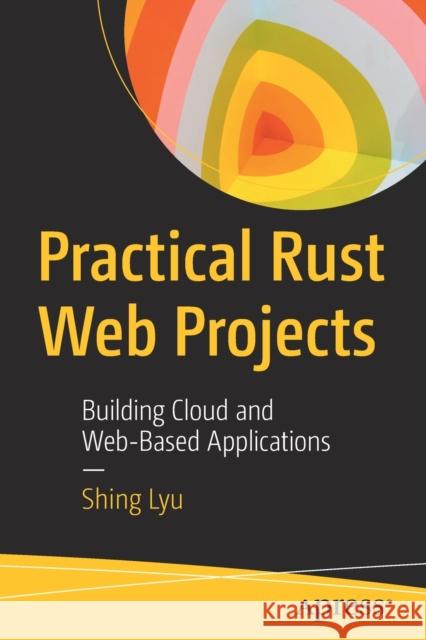Practical Rust Web Projects: Building Cloud and Web-Based Applications » książka
topmenu
Practical Rust Web Projects: Building Cloud and Web-Based Applications
ISBN-13: 9781484265888 / Angielski / Miękka / 2021 / 256 str.
Kategorie:
Kategorie BISAC:
Wydawca:
Apress
Język:
Angielski
ISBN-13:
9781484265888
Rok wydania:
2021
Ilość stron:
256
Waga:
0.38 kg
Wymiary:
23.39 x 15.6 x 1.45
Oprawa:
Miękka
Wolumenów:
01
Dodatkowe informacje:
Wydanie ilustrowane











